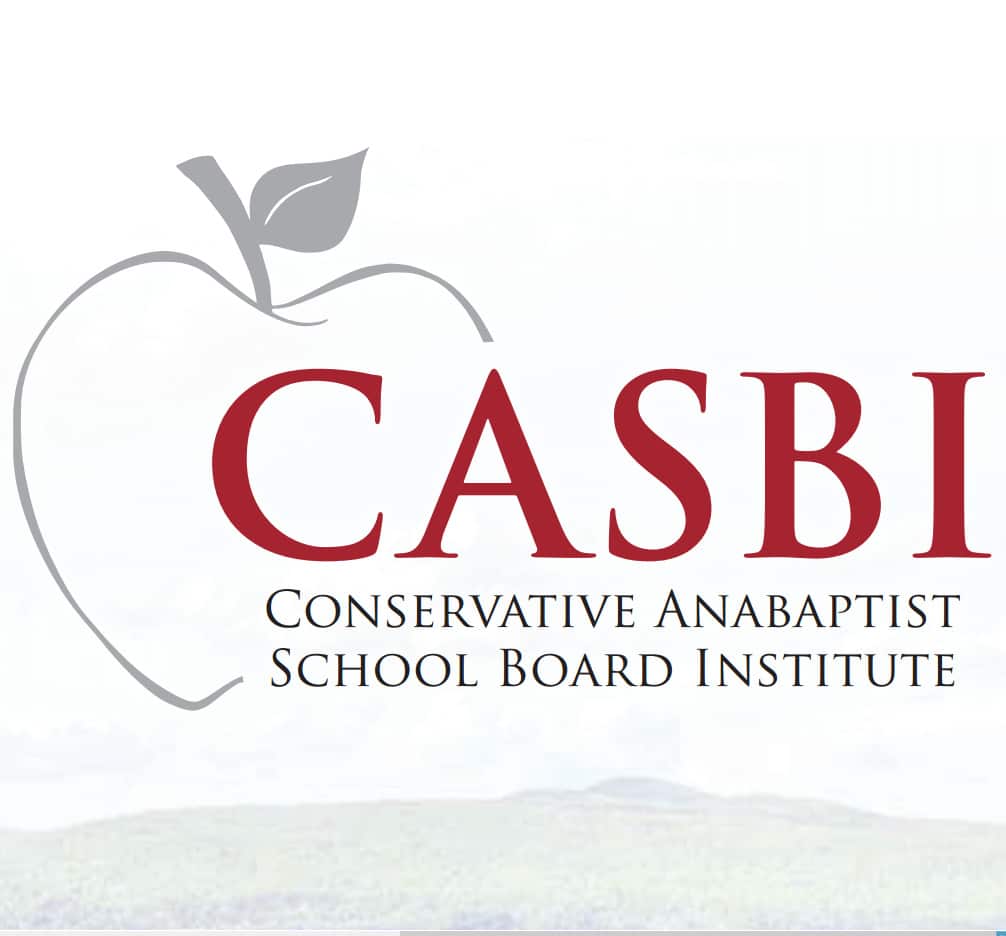Create a culture of service rather than happiness. Happiness is a by-product of doing what is right and adding value to others. We all want happiness but more and more we believe that material wealth, career goals, bigger houses, better cars, bigger paychecks—you know, the American dream—that will bring us happiness.
Even secular research is clear. This only brings temporary happiness. Lottery winners and people who are paralyzed reportedly have similar levels of happiness one year after their life-changing event. Happiness is largely dependent on how we react to, or perceive, events around us.
When Todd was in second grade, his class couldn’t have a Valentine’s Day party because they were behind in their school work. So Todd wanted to exchange Valentine’s cards with his friends anyway. Now Todd was an outcast and his mother knew he probably wouldn’t get any cards in return. None. Fearing that he would be disappointed, his mom encouraged him to just prepare a few cards, and secretly wished he would just forget it all. Todd insisted on making a card for every single student in his class. At the end of the day, Todd’s mother watched him walk up the driveway from the bus stop. As he entered the door, he was talking to himself. Not one. Not one. Not one. She heard him whisper. Her worst fears had been realized. Todd had gotten not one card. So she asked him about his day, braced herself, and was prepared to comfort her little boy.
Todd said, “Mom! Today was GREAT! I didn’t forget one classmate. I gave a card to every one of my friends.”
Happiness is a matter of perspective.
Parents, teachers, and boards feel that unhappy children are poor reflection on them. So the adults in their lives shelter children, reward them quickly, reward them easily, reward them repeatedly and young people begin believing that they are amazing. The problem is that children late in adolescence begin to figure out they aren’t as great as they thought they were. Too many are told they are excellent and wonderful without working hard. They begin to realize the praise is ringing hollow. That there are other people better at this than me. They’ve never confronted that before. And the first real failure for too many people is experienced between the ages of seventeen and twenty four.
Tim Elmore: he’s done a lot of work on some of these issues. In his book Artificial Maturity: Helping Kids Meet the Challenge of Becoming Authentic Adults, he writes that we must communicate two sets of messages to children during the first twenty years of their life. And often only one set of messages gets through. The childhood messages. There’s childhood messages and adolescent messages. And so I want to show you what he has to say there:
Childhood messages in the first zero to ten years—they should be: You are loved. You are unique. You have gifts. You are safe and you are valuable. From the age of eleven to twenty the messages should be: Life is difficult. You are not in control. You are not that important. You’re going to die. Your life is not about you.
Does that seem harsh? Doesn’t it.
And when you stop and reflect on this pair—if they begin with the childhood messages and then we remind them of the reality of their lives: You will not be here forever. You aren’t entirely safe. Someday we’re all going to die. They need to hear other messages. Instead, most children hear, from zero to twenty, childhood messages. And we keep them from becoming truly happy.
We don’t owe our children happiness. We owe them perspective. We need to create an environment in which children strive for the approval of their parents rather than parents seeking the approval of their children. They need to learn to wait. Children don’t want to delay gratification. They want it now. When we try to raise children who are happy, who can’t fail, we raise up a generation that has an entitlement mentality. I deserve this. I need more. I don’t have enough. You can’t do this to me. And I want to say sometimes—sweetheart, the real world works this way.
Children have things to learn. Let’s create an environment at home in which they learn to serve.





